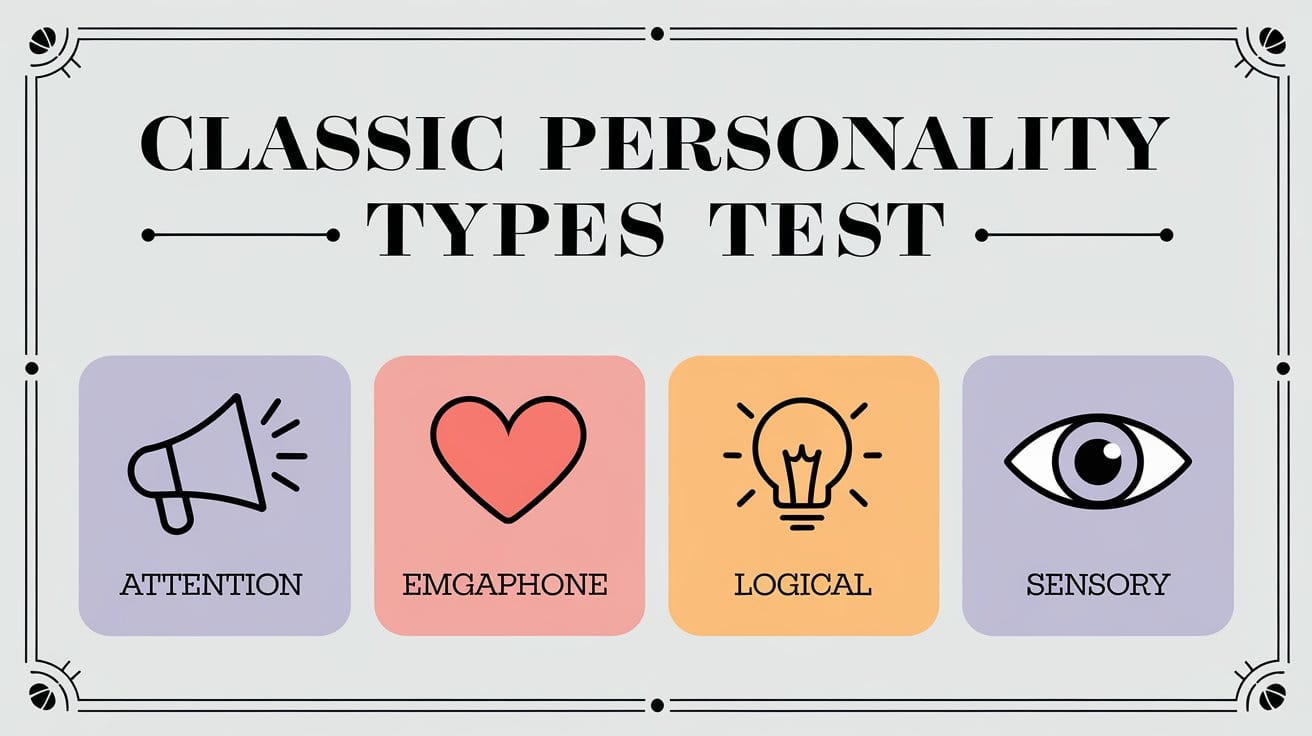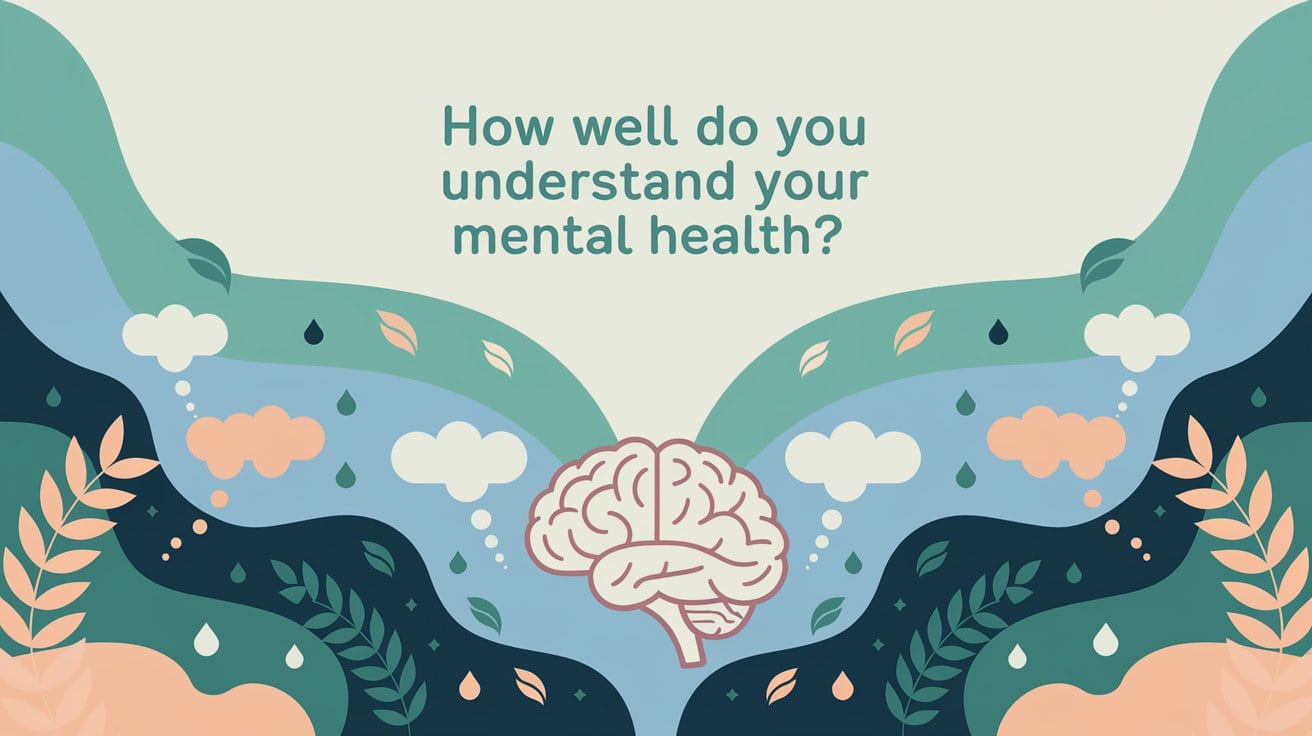Career Personality Tests: Discover Your Strengths
Career personality tests are considered an important tool in career development today. These tests help individuals identify their strengths, interests, and personality traits, and suggest career paths that align with their characteristics. However, while these tests have many benefits, they also come with limitations. In this research, we will discuss the advantages, limitations, and how to use career personality tests effectively.
Benefits of Career Personality Tests
1. Discover Your Strengths
Career personality tests help individuals understand their areas of strength. Based on personality type, skills, and interests, these tests show individuals what types of tasks they are better at handling. By doing so, people are directed to career paths where they are most competent, which increases productivity and job satisfaction.
For example, someone who enjoys analytical thinking and problem-solving might be well-suited for engineering or data analysis roles. On the other hand, a person who enjoys interacting with others might excel in sales, marketing, or consulting.
2. Provides Career Guidance
Career personality tests are particularly useful for those looking to change careers or those who are unsure of what career path to follow. These tests provide guidance based on an individual’s abilities and personal traits. This allows people to build a career in areas that are both personally and professionally fulfilling.
For young people entering the workforce, these tests can help them make informed decisions when choosing their career paths. Many individuals end up in careers that they don’t enjoy or that don’t align with their interests; career personality tests can help avoid such mistakes.
3. Increases Job Satisfaction
When a person works in a job that suits their personality type, job satisfaction is significantly higher. Career personality tests can help individuals enjoy their work more and use their potential more effectively. People who have high job satisfaction are more motivated, productive, and tend to stay longer in their roles.
Working in a field that matches one’s interests not only improves job performance but also enhances overall quality of life. Additionally, a person’s ability to cope with stress at work is often better when they are in a job that aligns with their personality.
4. Helps Identify Weaknesses
Career personality tests can help individuals identify not only their strengths but also their weaknesses. Recognizing one’s weaknesses helps people focus on areas where they need to improve. These tests also reveal how personality traits affect work behavior. For instance, if someone tends to react emotionally or struggles with stress, this may impact their performance at work.
The results of these tests can guide individuals in focusing on their self-development and raising their self-awareness.
Limitations of Career Personality Tests
1. May Not Fully Reflect Real-Life Situations
Career personality tests may not always accurately reflect how individuals behave in real work environments. People may answer based on their current mood, social environment, or personal experiences, which can affect the results. Therefore, relying entirely on test outcomes can be misleading.
Moreover, the results are often based on a snapshot in time. Real-world job dynamics are often more complex than the categories defined by personality tests. For this reason, test results should be used as a guide, not the sole basis for decision-making.
2. Limited Personality Categories
Most career personality tests classify individuals into a limited number of personality types. However, the real world is far more diverse, and people do not always fit into these categories. Also, individuals can change and grow over time. This means that test results may lose their validity over time.
Personality types may not capture all the potential of an individual or their career journey. For instance, someone who is introverted at first may later develop leadership skills over the years. Thus, career personality tests should be updated over time and be considered alongside personal growth.
3. Can Lead to Overgeneralization
Some tests may overgeneralize individuals’ career paths based on their personality types. However, everyone is unique, and the same personality type may not perform similarly in all situations. For this reason, the career paths suggested by the tests might be narrow and limiting.
For example, a test might suggest a career in data science for someone with an “analytical” personality. However, an analytical mind might also excel in creative writing, strategy development, or marketing. Therefore, it is important not to rely solely on test results and to consider personal interests and experiences as well.
Effective Use of Career Personality Tests
To use career tests effectively, here are some strategies:
- Use Results as a Guide: Test results are a valuable tool for career planning, but they should not be the sole basis for decision-making. Personal experiences, skills, and passions should also play a role in the decision-making process.
- Be Open to Development: Your personality can change over time. As you progress in your career, you may acquire new skills and develop new interests. Therefore, it is beneficial to retake personality tests periodically to track your development.
- Use Multiple Test Methods: To get a more comprehensive and balanced view, consider using multiple career personality tests. Different tests may provide different perspectives, which can help you create a clearer career roadmap.
- Seek Professional Guidance: For a better understanding of the test results, it can be helpful to seek assistance from a career counselor. Professional guidance can ensure that you interpret your results accurately and help you achieve your career goals more efficiently.
Final Thoughts
Career tests are valuable tools for career planning and development. They help individuals understand their strengths, interests, and personality traits, and guide them toward suitable career paths. However, test results are not always definitive, and real-world job dynamics can differ. Career personality tests should be used as a guide and should be considered in conjunction with personal experiences, growth, and aspirations.




Post Comment